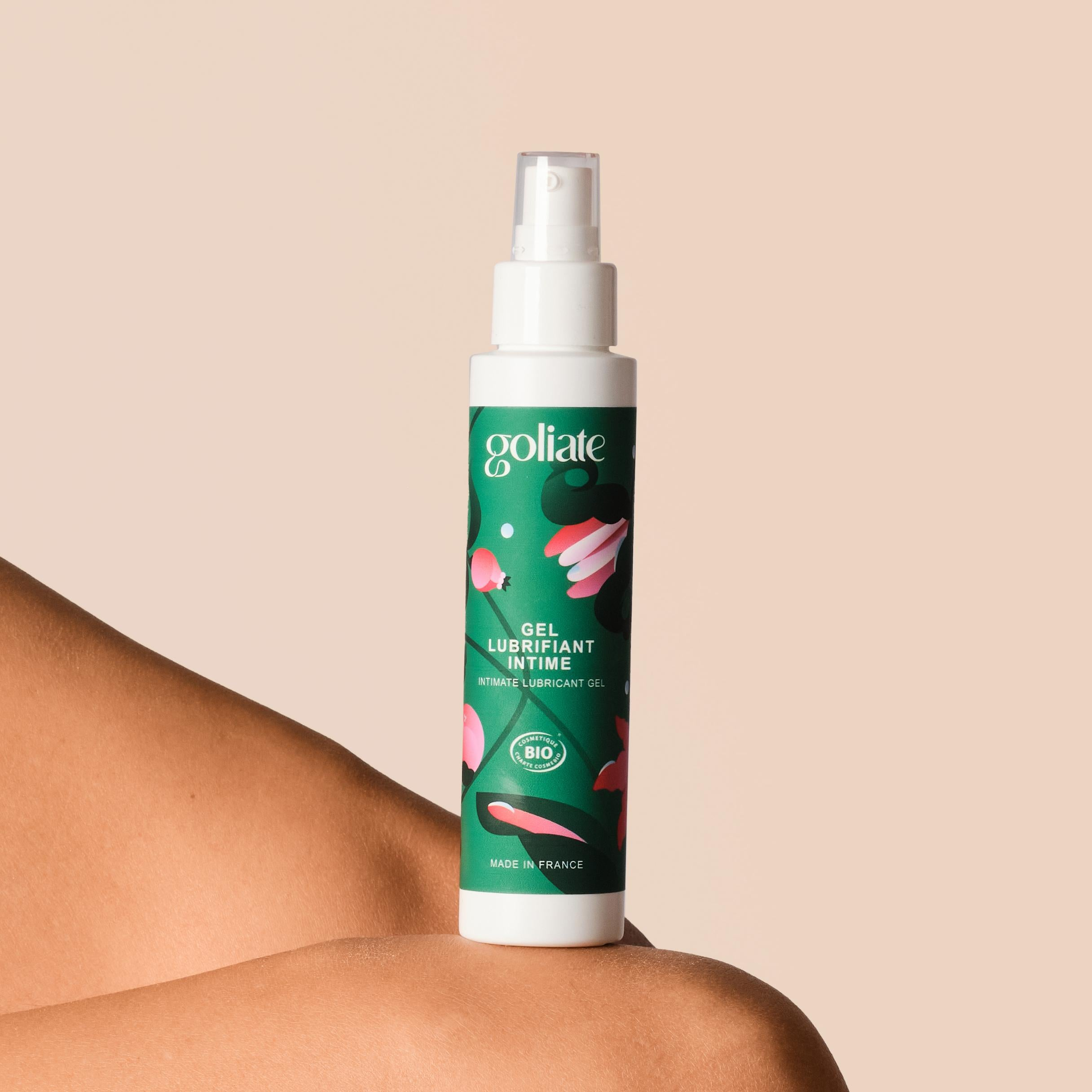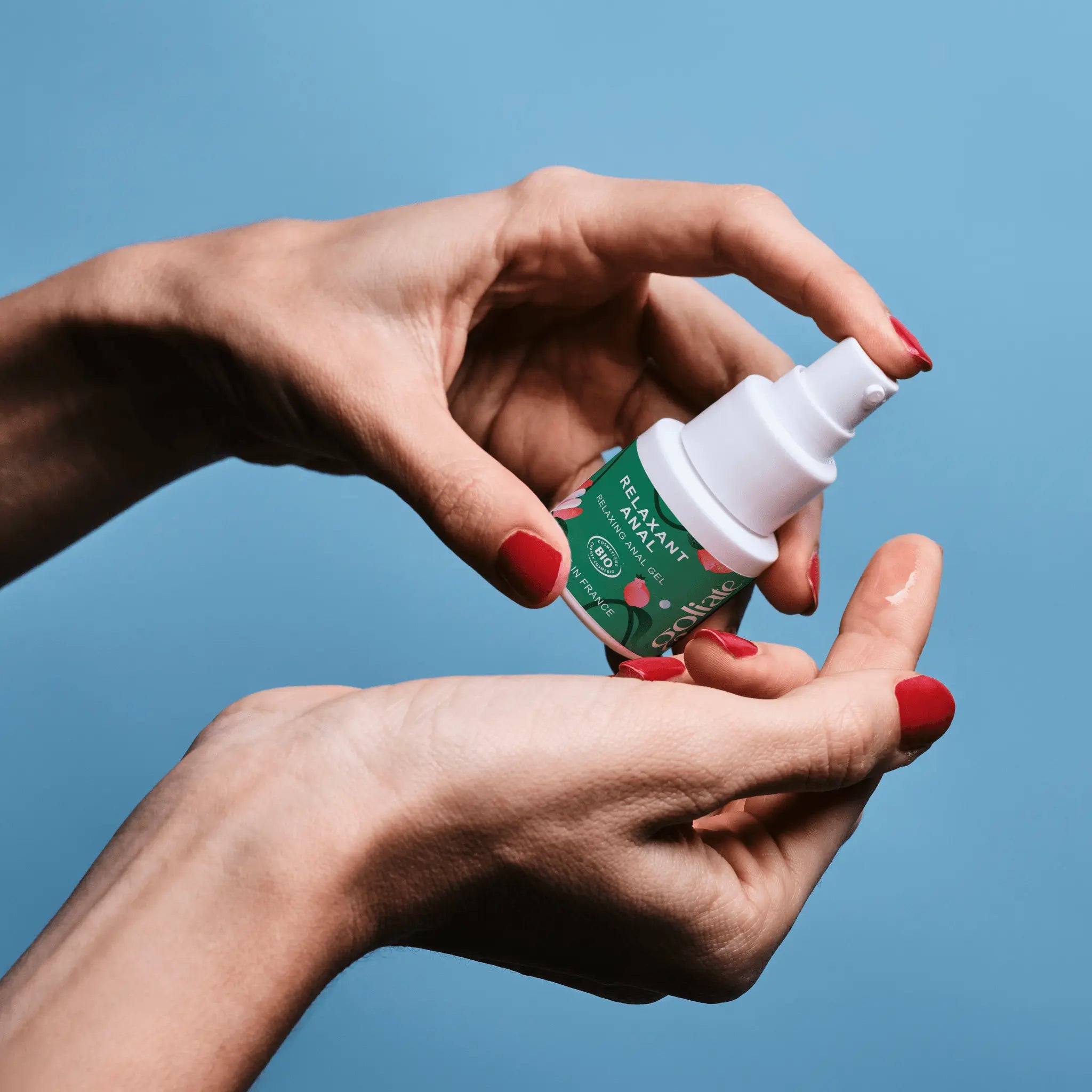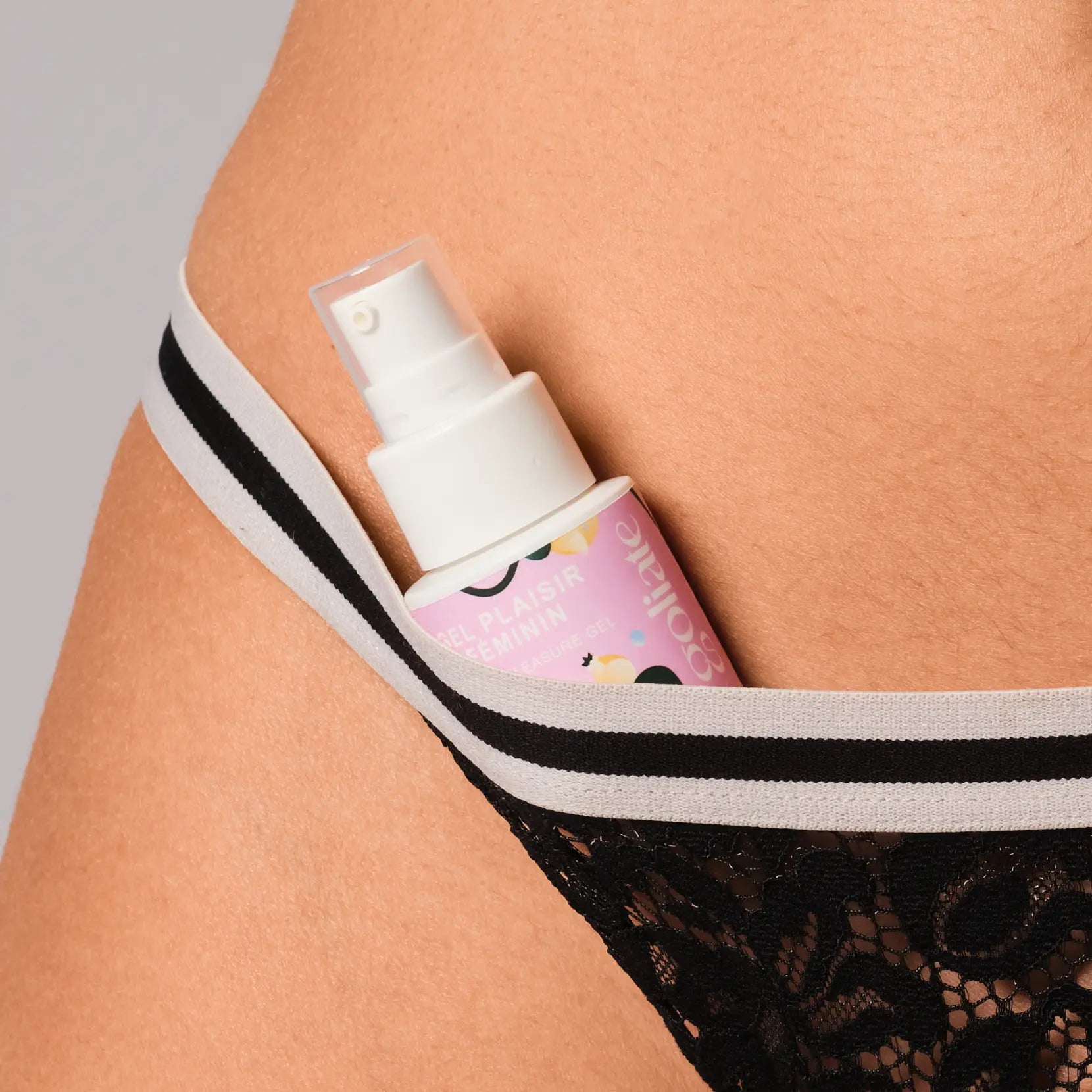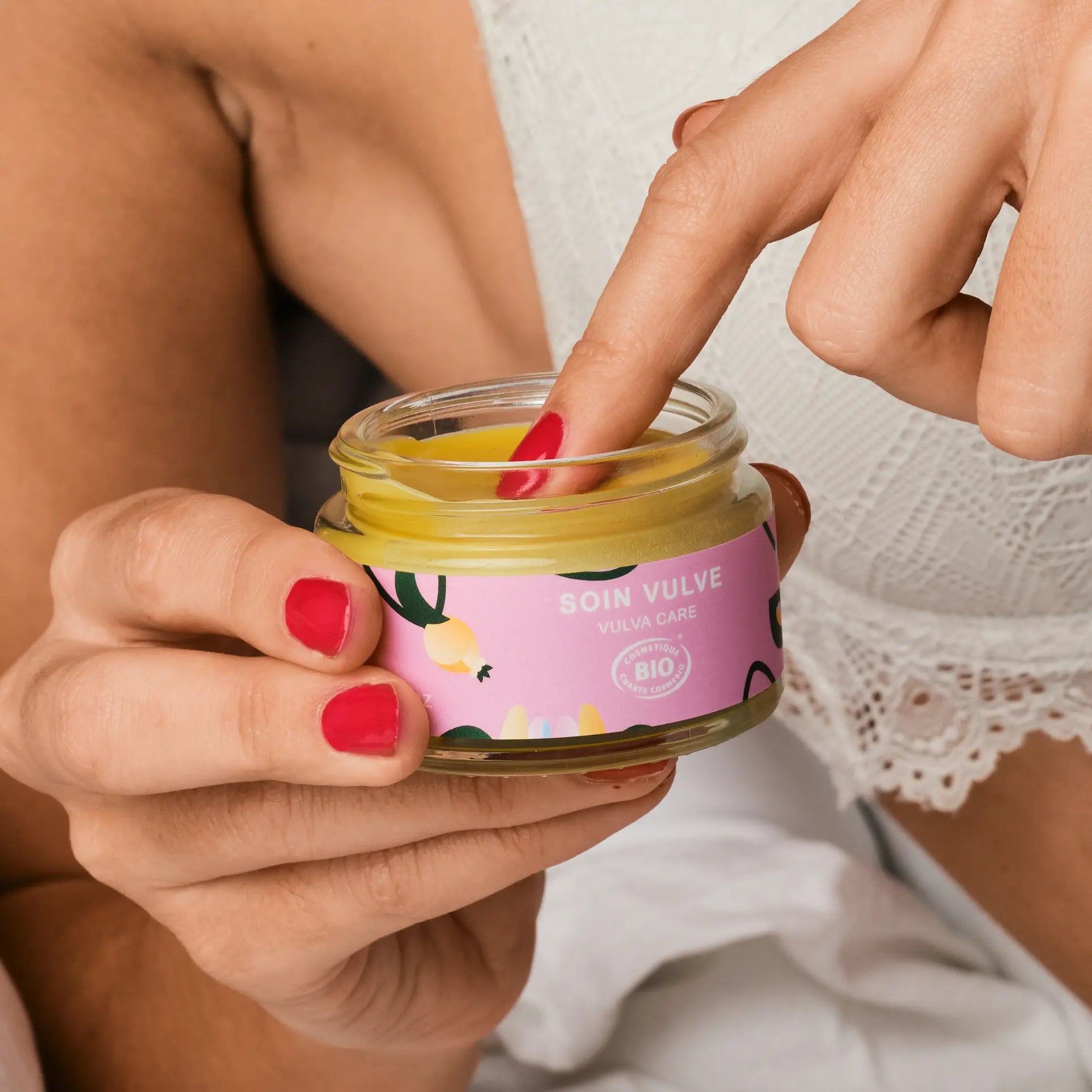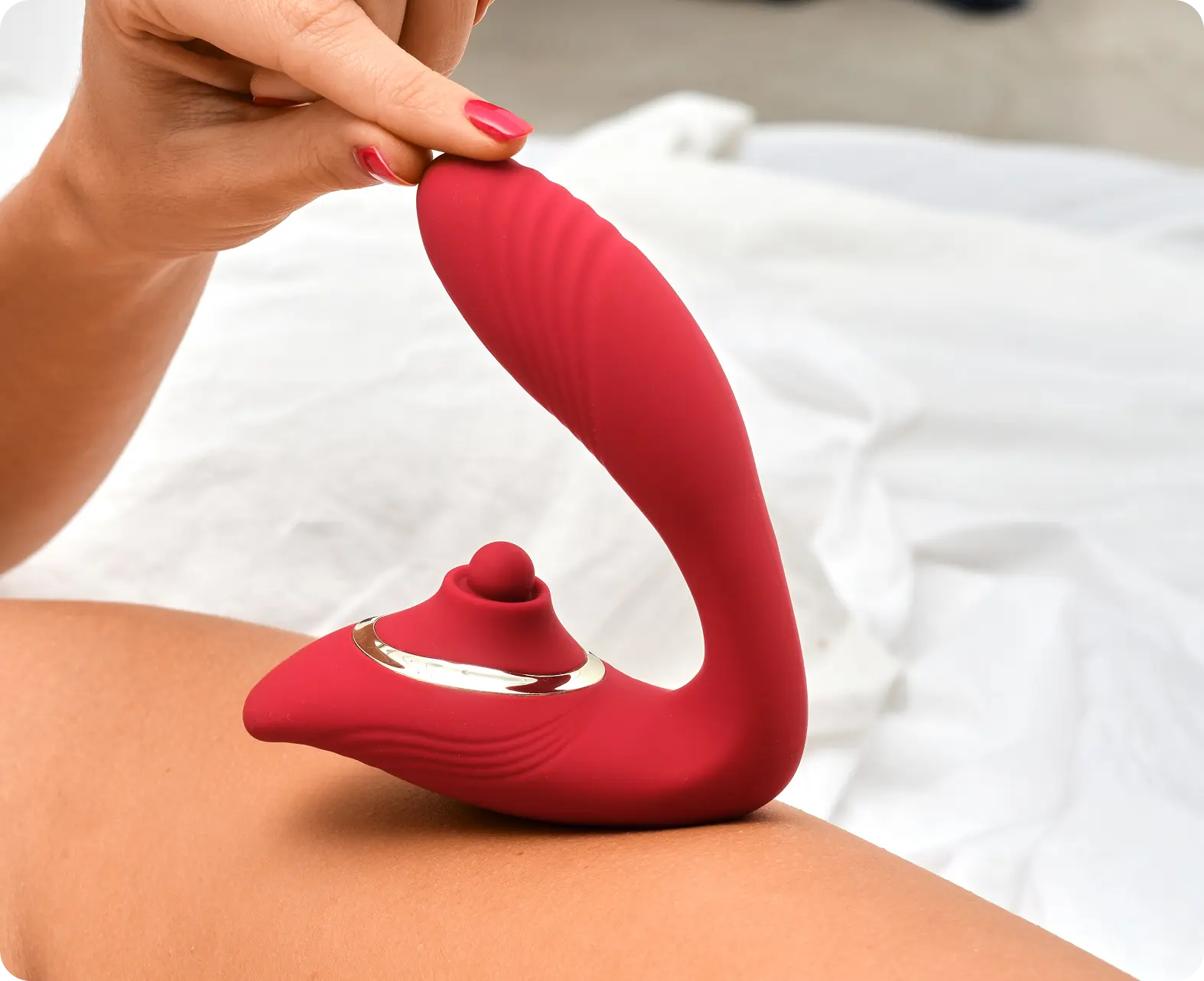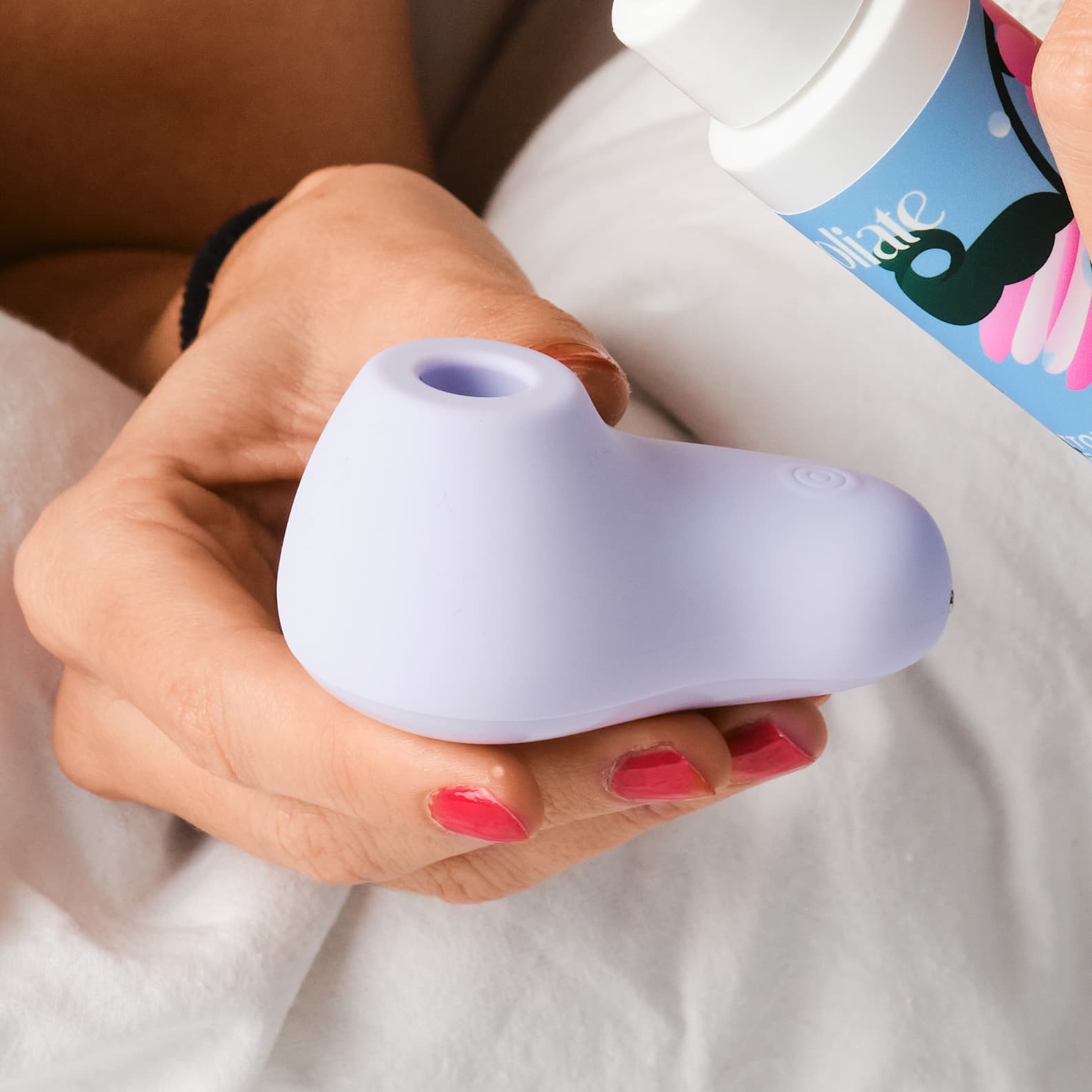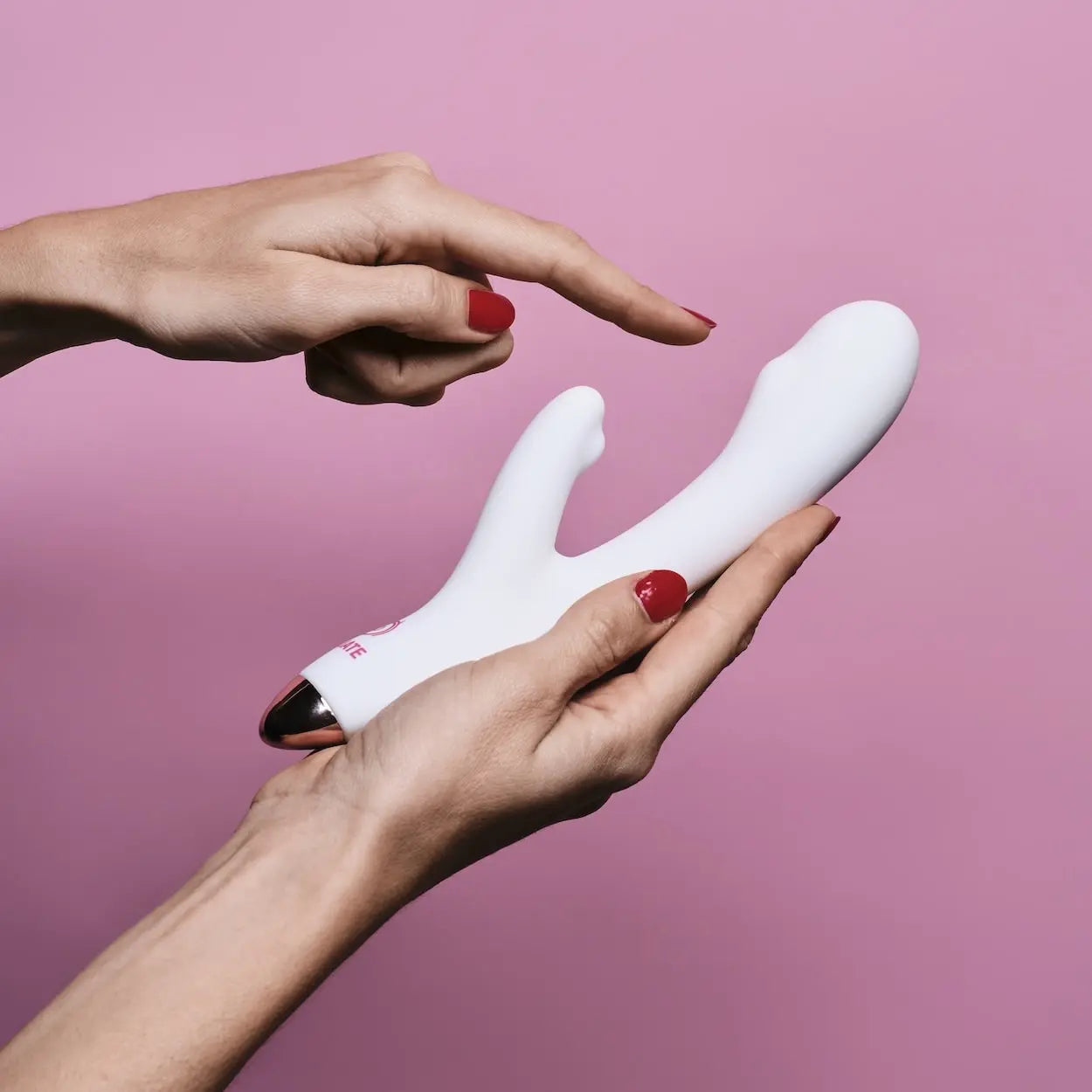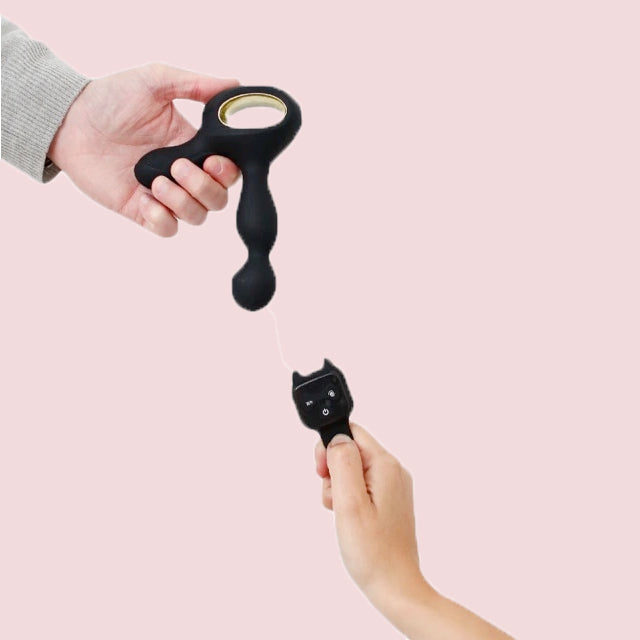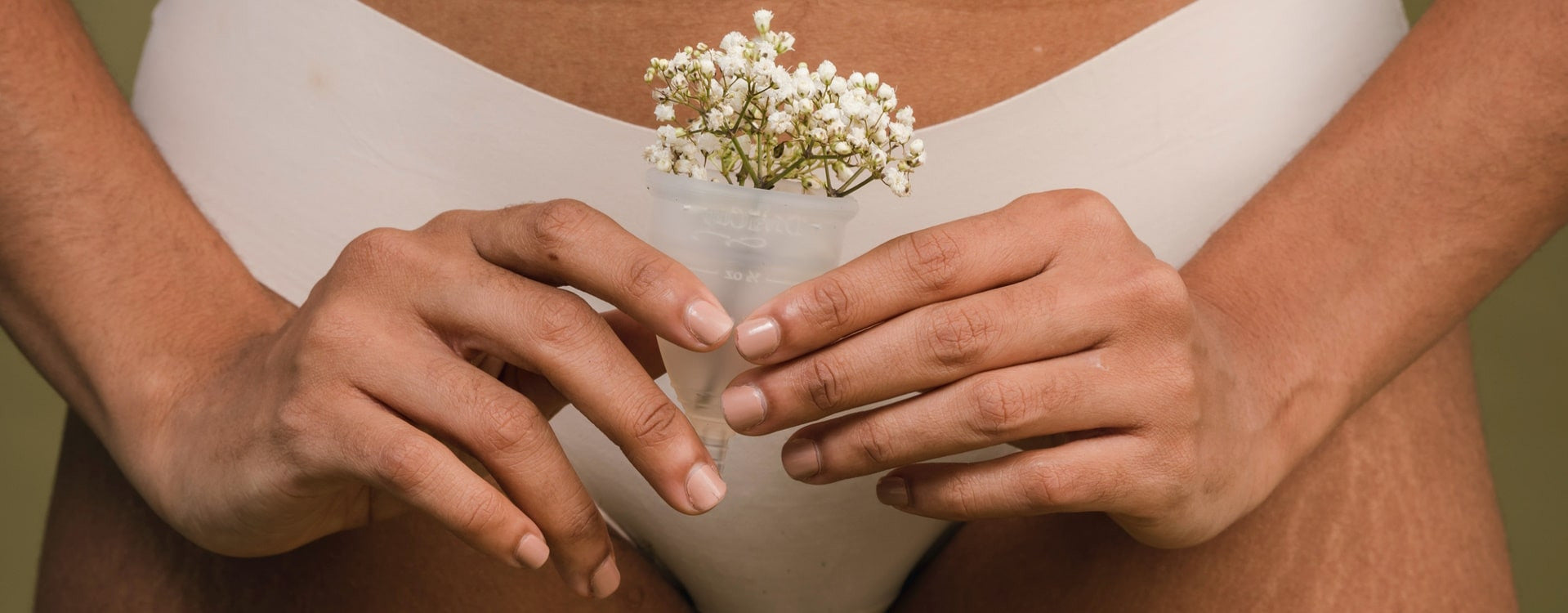Taking care of your genitals is an integral part of your sex life, and yet we are rarely taught how to do it. Unfortunately, the vulva is more sensitive than the penis to problems such as urinary tract infections or flora imbalances... But hygiene rules apply to everyone! A few practical tips can help you ensure good hygiene while avoiding most of the difficulties.
Take care of your vulva
To wash your penis:
- Wash your vulva once a day, but be careful, only the external part! The vagina is self-cleaning, you should never put water or soap internally, at the risk of completely unbalancing your flora.
- Which product should you use? The ideal is to use a gentle cleansing product (soap-free, fragrance-free) or simply plain water, depending on your preference. Even if it is not necessary to buy specialized products (which are expensive and often contain fragrance), avoid ultra-fragrant shower gels from stores. A gentle cleansing product from a drugstore is ideal.
- Wash, yes, but not too much: wash your vulva once a day, no more! Washing too frequently can unbalance your flora. If you feel the need to refresh during the day (for example, when you have your period) you can rinse with clear water, but without adding any product or soap.
- Dry your vulva well after showering, to avoid trapping moisture in this sensitive area.
- Wipes and deodorants are to be avoided! In addition to being useless, they are often harmful.
- Use only organic and body-friendly products, such as the regenerating vulva care balm .

Some advice on your sexuality
- Anything that comes into contact with your vulva must be clean: washing hands (/sex toy, penis, etc.) is mandatory before masturbation or sex.
- You don't go from the anus to the vulva: the anus and rectum contain bacteria that should never come into contact with this area, at the risk of causing discomfort such as vaginosis, mycosis or even a urinary tract infection. This also applies to a passage from the anus (external) to the vulva (external), even if there has been no penetration. On the other hand, doing the opposite does not cause any problems!
- Go pee after sex: this reduces the risk of urinary tract infections by removing any small bacteria that may have settled in your urethra.
Tips for everyday life:
- Drink plenty of water and wear cotton underwear.
- With or without hair? Hair is hygienic: it forms a barrier that slightly reduces the risk of infection. The decision to keep it or remove it should depend on your desires and preferences.
Bonus: look at your vulva in a mirror!
- This area of the body is often neglected, yet knowing yourself better is an integral part of sexual fulfillment.
If you feel comfortable with it, take a small mirror (or the selfie camera on your phone), and look at your vulva, trying to identify the different elements: clitoris, urethral meatus, inner lips ("labia minora"), outer lips ("labia majora"), entrance to the vagina.
If in doubt, use an illustration to help you.
Take care of your penis
Wash your penis:
- It must be cleaned carefully every day. The penis is generally less sensitive to imbalances in the flora than the vulva, so it is quite possible to use soap or shower gel to wash, although a gentle cleansing product remains ideal. If you have not had a circumcision operation, do not forget to pull back the foreskin of your penis to wash your glans. The scrotum (skin surrounding the testicles) and the anus must also be cleaned carefully.
Touch your testicles:
- Testicular cancer is very treatable if detected early. And the best way to spot it early is to feel your testicles regularly! Once a month, in the shower with soapy water, use one hand to hold your testicles, and the other to feel them for any abnormalities: small hard lump under the skin, pain, swelling, etc. If in doubt, go see your GP quickly.
Take care of your partners:
- Of course, the penis is less sensitive than the vulva to infections and imbalances. But a lack of hygiene on your part could cause discomfort for your partner. Taking care of your sexual health also means thinking of others by having good hygiene, providing condoms that fit, finding out what could create a problem for your partner, and consulting at the slightest warning sign.
Find the right condom:
- A condom that is too tight can cause a loss of sensation, and a condom that is too loose is more likely to slip off during intercourse. A good condom fits snugly, but not too tight. If you are unsure about your size, you can visit this site .
Taking care of your sex is also...
Accept its smell:
- The vulva and penis do not smell like roses and that is normal! As long as your hygiene is good and your smell does not suddenly change, there is no reason to worry.
Consult at the slightest alert:
- Unusual discharge, the appearance of a small ball, itching, sudden change in the smell of your genitals, plaques, pain, strange discharge… Any unusual signal should prompt you to consult your GP quickly. Most difficulties and inconveniences can be easily resolved if they are managed correctly.
If you have a problem, avoid "home remedies":
- Many people try to treat yeast infections or vaginosis with wacky remedies (like putting yogurt or garlic in the vagina!).
Result: most often, the situation gets worse. Ask your doctor or gynecologist for advice before trying anything out of the ordinary to solve your problem, and don't forget that traditional medical treatments (ovules, antibiotics, etc.) are the most effective and safest!
Protect yourself from STIs:
- STIs are unfortunately on the rise due to a decrease in the use of protection. Using condoms and getting tested regularly are the two best ways to protect yourself!
I hope these few tips will help you take care of your penis with ease.
And above all, to take care of your sex, you also learn to have fun!
For example, by testing our super Rabbit !

